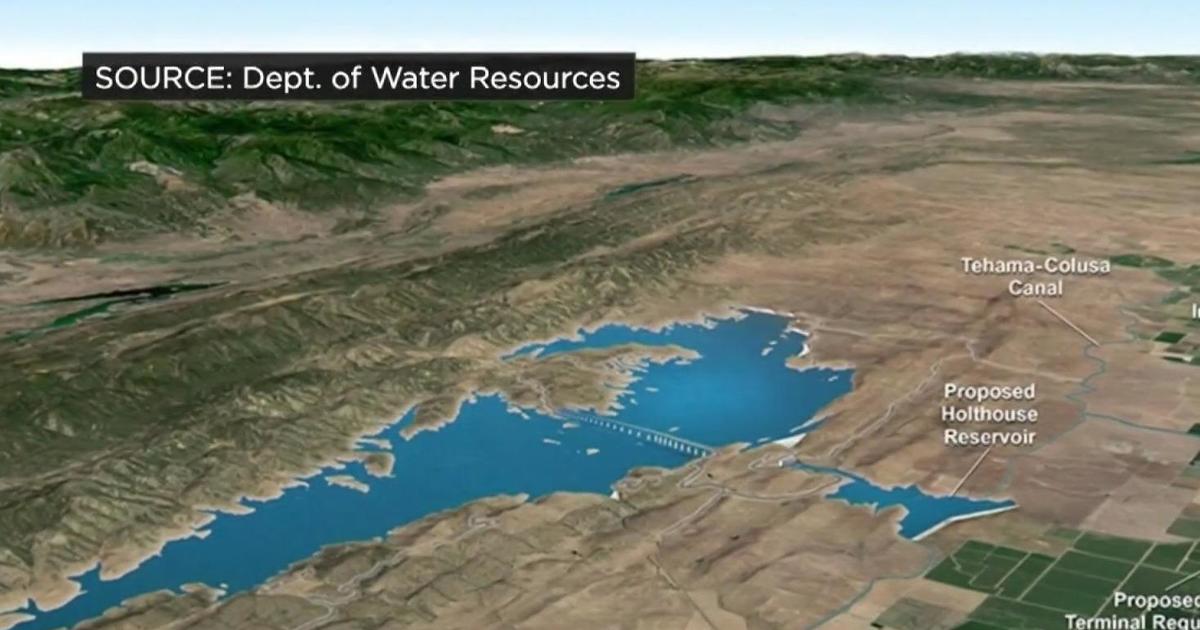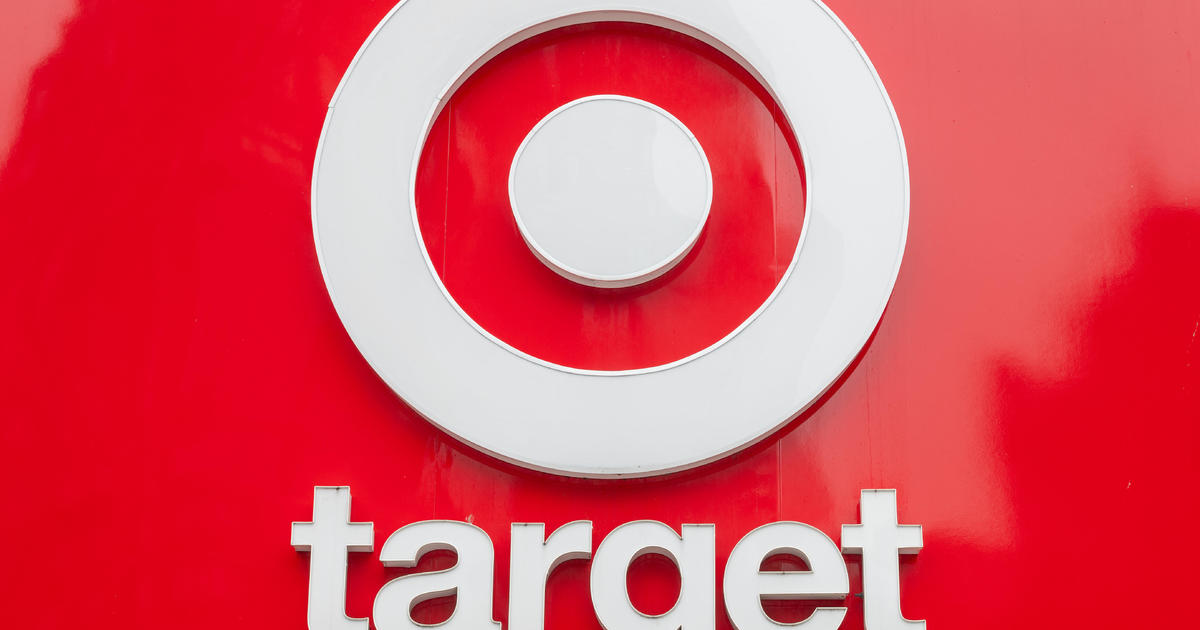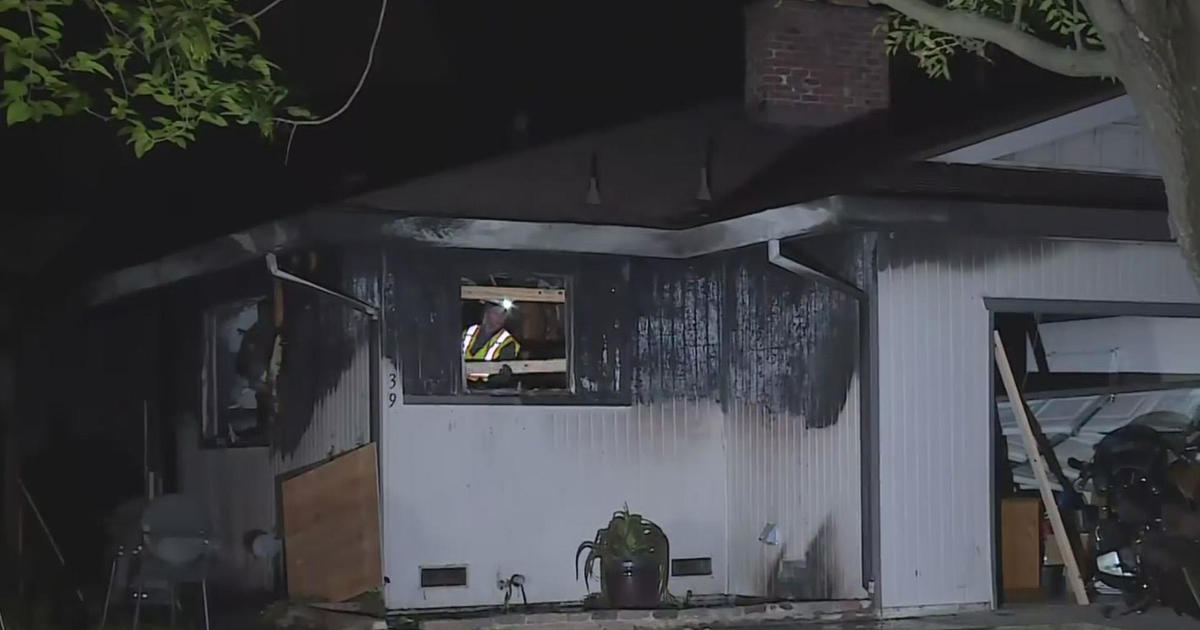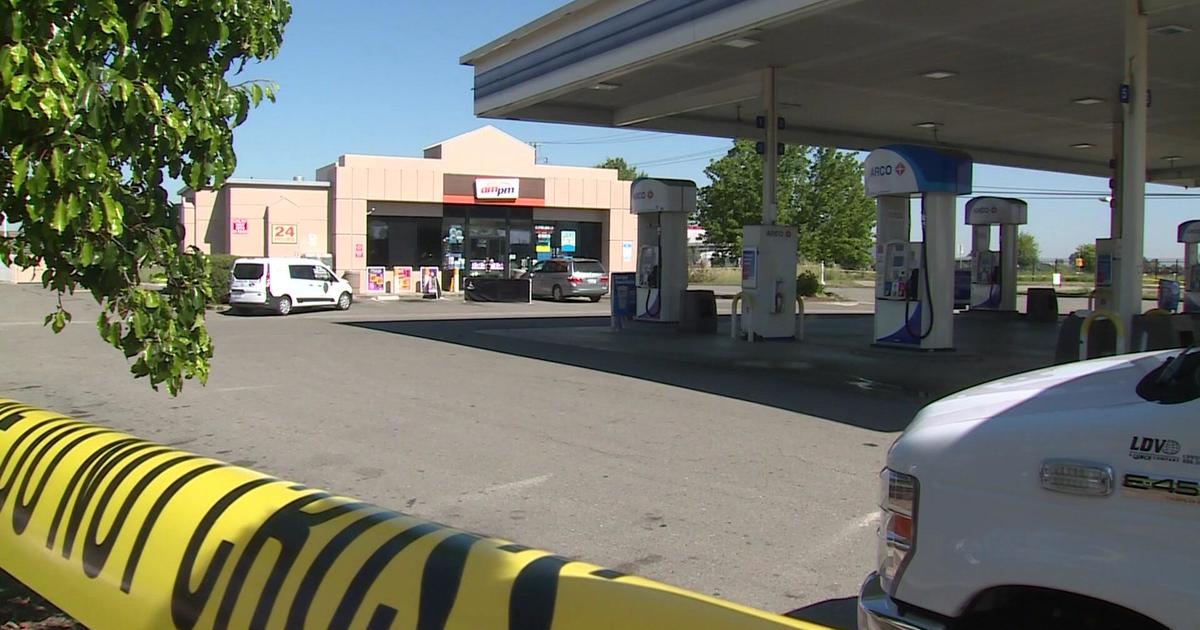Drought Lingers, Yet Some Homes Lack Water Meters
FRESNO, Calif. (AP) - Although California is locked in a third year of historic drought, many homeowners and businesses still don't have meters telling them just how much water they are using.
That's changing, but some say it's not fast enough. State law requires water meters by 2025, but the State Water Resources Control Board says dozens of water districts, many in the thirsty Central Valley, aren't totally metered.
More than 235,000 homes and businesses in the state are not equipped with meters, according to the most recent figures for 2013 collected by the State Water Board. An Associated Press analysis found that Californians who live in 10 water districts with the highest number of unmetered home or business all used more water each day than the state average.
The number of unmetered homes and businesses represents a small fraction of water services statewide, but officials say every drop counts. Gov. Jerry Brown in January declared a drought emergency, and state officials in July approved fines up to $500 for residents caught wasting water. Some communities have put water cops on patrol.
The state's unmetered homes and businesses are another example of California's struggle to track water use.
A recent AP story revealed that many state agencies don't know if they are meeting the governor's goal of conserving 20 percent. Another found that state regulators do not know how many trillions of gallons have been used by corporations, agricultural concerns and others with senior water rights. And only now is California moving to regulate groundwater pumping.
Peter Gleick, who studies global water issues as president of the Pacific Institute in Oakland, said he would like every home and business to be fitted with a meter today, rather than waiting more than a decade for the deadline.
"It's inappropriate in the 21st century for us not to be carefully measuring and monitoring our water use," he said. "Especially in California during a drought."
Residents of cities such as Los Angeles, San Francisco and San Jose have been metered for decades. However, many customers served by about 40 water districts in a 300-mile stretch of the Central Valley continue to pay a flat rate, meaning they can use as much water as they want without seeing their bills rise.
All new homes built since 1992 in California were required to have water meters, and in 2004, a state law called for retrofitting the rest by 2025, except those in the smallest water districts.
It took state and federal legislation to force change in communities such as Fresno and Sacramento, where the city charters said no homes would be metered.
In Sacramento, attitudes about water date back many decades and spring from its abundance in a city located at the confluence of two major rivers, said Tom Gohring, executive director of the Water Forum, a coalition with the mission providing a reliable water supply.
Throughout the Central Valley, people believed for years that runoff from landscaping and agriculture ended up in streams or seeped into underground basins where it could be reused, Gohring said. "It was a political vestige of another era. I think that day is gone."
Getting Sacramento fully metered is a $450 million project fraught with challenges, said Dan Sherry, supervising engineer for the city's utility department.
"Replacing backyard mains and putting them out in the street, that's a big deal," he said, adding that as of June, 49 percent, or 66,250 homes and businesses, still needed meters.
Sacramento has the largest number to install, followed by water districts in Bakersfield (35 percent unmetered), Modesto (24 percent unmetered) and Lodi (55 percent unmetered), according to the state's 2013 figures.
Meters play on basic human behavior- and people billed monthly for their water use tend to use less, said Lisa Maddaus, a water resources engineer and partner at Maddaus Water Management Inc. based in Folsom.
In studying the conversion to water meters in Davis, which was completed in 1998, she found that in the first year, residents used 18 percent less water. After the initial spike in savings, she said residents used about 10 percent less in the second year.
"Everyone tightens up their homes, maybe does a little better with leak repairs," Maddaus said. "We see in an energy crisis, people turn off lights more. In the water crisis, you're more prudent with your water use."
Homeowners in Sacramento without meters pay a monthly flat rate of $45.73, and the average single-family home with a meter paid $35.82 each month in the most recent fiscal year, city officials said.
A law passed in 1992 required communities that use water from the federally run Central Valley Project to be fully metered by Jan. 1, 2013. Fresno met the deadline by spending $75 million. Water use dropped by about 10 percent after meters were installed, city spokesman Mark Standriff said.
Julie Kaiser still pays a $56 flat-rate each month. She lives in a corner of Fresno served by the private Bakman Water Company, which is preparing to install meters. Kaiser doesn't look forward to it, because she doesn't like being told what to do.
Besides, Kaiser said, she and her husband already conserve water, letting their front lawn die of thirst. It is yellow and crunches under each step.
"If you do have a problem with my front lawn, I don't really care. Tough," Kaiser said. "My basic mantra in life is not to waste."
Copyright 2014 The Associated Press.



